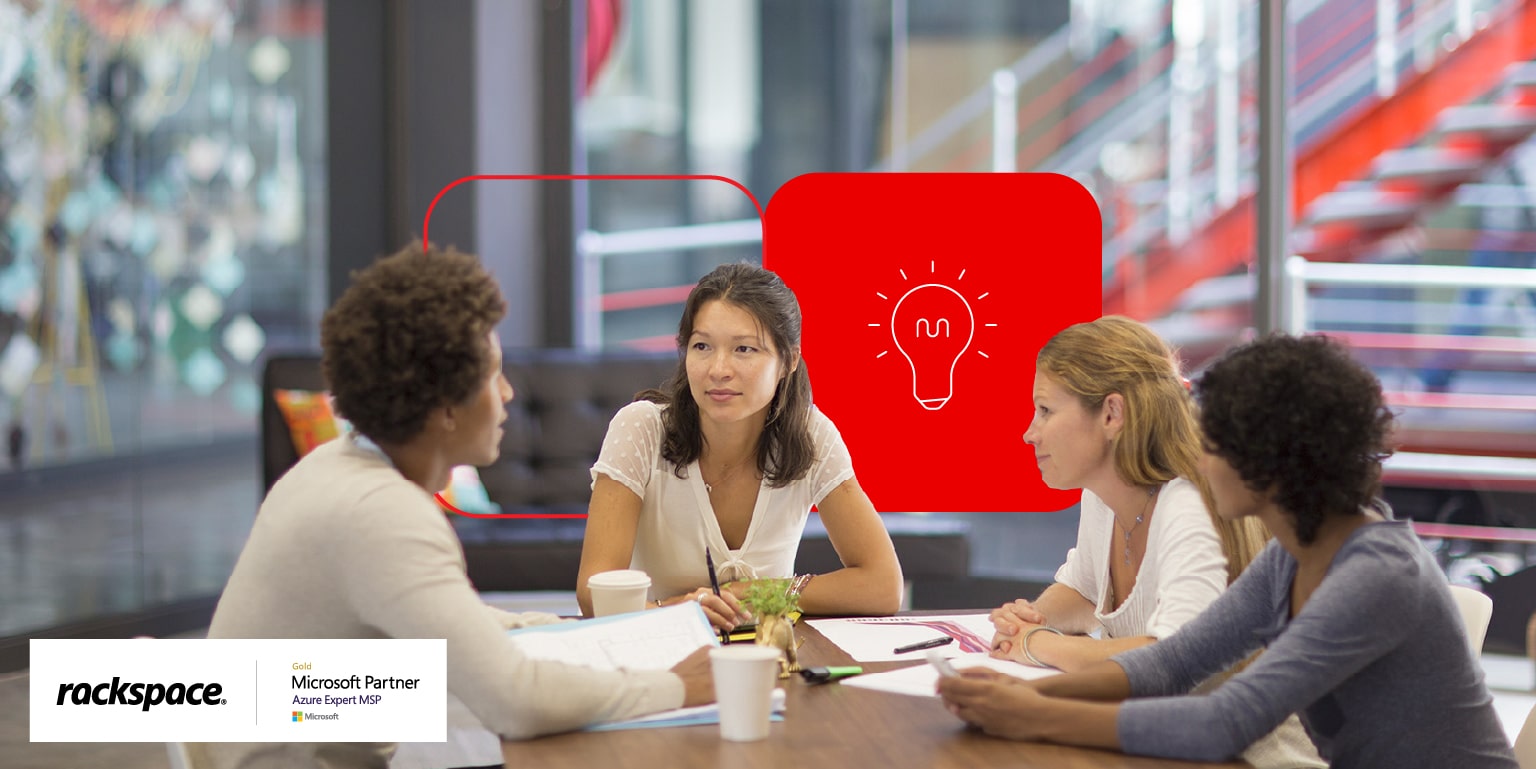

Recent Posts
Dimensionamento de soluções de IA em nuvem privada, do PoC à produção
Dezembro 4th, 2025
Um guia abrangente para a implementação do PVC
Novembro 11th, 2025
The Shift to Unified Security Platforms
Outubro 2nd, 2025
Why the Terraform Licensing Shift Matters and What Comes Nex
Setembro 18th, 2025
How Hybrid Cloud Helps Healthcare Balance Agility and Security
Setembro 9th, 2025
Related Posts
AI Insights
Dimensionamento de soluções de IA em nuvem privada, do PoC à produção
Dezembro 4th, 2025
AI Insights
Um guia abrangente para a implementação do PVC
Novembro 11th, 2025
Cloud Insights
The Shift to Unified Security Platforms
Outubro 2nd, 2025
Cloud Insights
Why the Terraform Licensing Shift Matters and What Comes Nex
Setembro 18th, 2025
Cloud Insights
How Hybrid Cloud Helps Healthcare Balance Agility and Security
Setembro 9th, 2025
Businesses are always looking for a competitive advantage, but sometimes the best results are born from the ability to ask questions and then seek the answers.
While it’s not always easy to pinpoint the exact value of curiosity; Some people say it’s helpful to solve problems, improve understanding and increase self-awareness. What I do know is that it helps me understand my client’s priorities and get closer to the end result.
While I value curiosity personally, a study by Harvard Business Review found that people, workplaces and companies value it to different extents. It will come as no surprise that, while many individuals place great importance on encouraging curiosity, their organisations do not.
I see this as a concern for people and businesses. People need to be encouraged to develop and learn and organisations need people to develop and learn to achieve their business goals.
To help combat this at Rackspace, we’ve been working alongside Microsoft to ensure we foster questions and innovation. I’ve seen the importance of leveraging our peoples’ imagination first hand, and how, through implementing new strategies, we’ve made it a competitive advantage.
Why does curiosity matter?
As a consumer, I’m often looking for a very particular product. I want something that will meet my needs. This, very direct, expectation has been heightened by the ease of access to resources. It’s this common mentality that I think has worked its way into the managed services market, too.
Many companies I speak to can easily share their business problem or have an idea of what type of service they’re looking for. The difference between us and on-demand television, for example, is that we weren’t yet pay-to-play.
We all have our own individual IT and cloud service needs, which differ for every company. Seeing this opportunity and exploring it – is how we’ve shown a direct benefit from organizational curiosity.
I’m often chatting with customers about their gaps in IT software and our goal is to offer a managed solution to meet those needs. Well, why can’t we offer our customers the exact services they’re looking for?
Pushing the boundaries of what was on offer in the market led to the creation of Service Blocks. This is Rackspace’s answer to the monolithic bundle service agreement that customers have faced to date. Through this pay-to-play style approach to service stacking, we’ve eliminated service wastage and can provide a more direct solution for our customer.
Want to understand how we got there? Here’s where you need to start.
Starting with the Curiosity Quotient
I find I need to keep an open mind when navigating complexity. When exploring new territory, or problem-solving with our customers or Microsoft, we also encourage questions and ‘brown bag’ sessions to get the best results.
When looking to understanding the human behaviour behind this, Dr Tomas Chamorro-Premuzic, a leading authority in personality profiling and psychometric testing believes three important psychological qualities enhance our ability to manage complexity: Intelligence quotient (IQ); emotional quotient (EQ) and curiosity quotient (CQ).
The problem is that most businesses only focus on one or two of these, namely IQ and/or EQ. Yet "CQ is the ultimate tool to produce simple solutions for complex problems.” He says:
- Higher levels of IQ enable people to learn and solve problems faster.
- EQ, or our emotional quotient, concerns our ability to perceive, control, and express emotions.
- People with high CQ levels are more inquisitive, open to new experiences, generate many original ideas and are counter-conformist.
While IQ tends to sit naturally within us, both EQ and CQ can be coached and developed. If we’re following this logic, then curiosity is just as important as intelligence.
At Rackspace, we’ve placed great importance on the CQ and focused on eleven core values that drive curiosity. We recently asked our people to rank these values in order of importance from three different perspectives, namely:
- A personal sense of curiosity.
- Curiosity within a professional working environment.
- Ranking curiosity as if they imagined their workplace was a person.
These three ‘personas’ formed the basis for understanding the appetite for curiosity and what gaps might exist between personal, professional and organisational curiosity. This is one example of how we’re working to build our CQ.
Organisations need to understand the power of curiosity
I’ve found that many companies need to focus on organisational change from the inside out. Understanding your organisational curiosity quotient is a good place to start.
For us, working with like-minded, like Microsoft, ensures that we foster curiosity to the same level that employees value curiosity.
As we stand, it’s on us, as leaders and innovators, to bring together what people value personally and professionally.
Through our ethos at Rackspace, we believe that education and knowledge are the key drivers of personal and professional curiosity. It is about people engaging in ongoing learning to gain new facts, truths, principles and insights. This is how we foster greatness.
So, here are a few questions for you before you leave:
- Do you think there’s a values mismatch in your business?
- Do you understand the curiosity values that your employees’ rate most?
Stay Curious #CuriousMinds
Tags:




